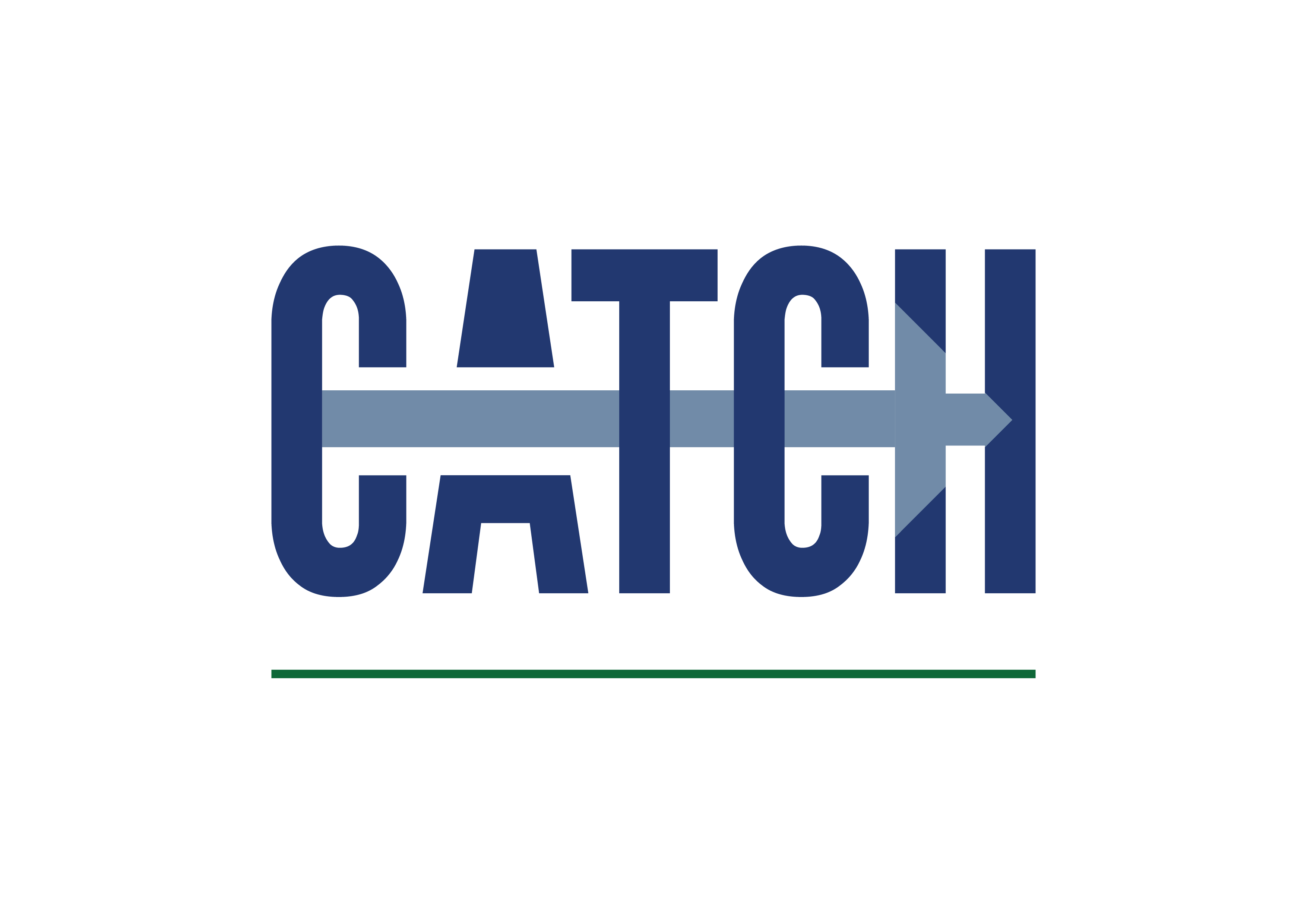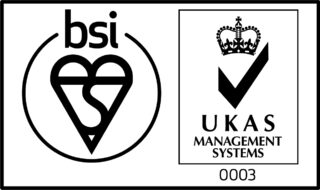EU Exit Business Readiness Weekly Bulletin

We are now part of the distribution channel for the EU Exit: Business Intelligence and Engagement Team at the Department for Business, Energy and Industrial Strategy. They send out a weekly bulletin to trade associations, membership organisations and intermediaries in order for them to share relevant points with members. Here are the main points and associated links – we will update as and when we receive new information from the team:
Workforce & People
Last Thursday, 7th March, the EU Exit Business Readiness Forum looked at issues relating to Workforce & People. The slides from the event are here. The summary of the key questions raised at the Forum along with answers are being finalised and will be circulated with next week’s bulletin.
FCO updated guidance on EU Exit information for UK nationals if there’s no deal: EU Exit Information for UK Nationals if there is No Deal
HO updated guidance on using the ‘EU Exit: ID Document Check’ app: Using the EU Exit ID Document Check App
HO updated guidance on the EU Settlement Scheme, ID document scanner locations: EU Settlement Scheme ID Document Scanner Locations
Tools & Resources
Providing services to EEA and EFTA countries after EU Exit – Guidance for UK businesses on EU service provision if the UK leaves the EU with no deal.
If the UK leaves the EU on 29 March 2019 with no deal, UK businesses will no longer operate under European Economic Area (EEA) regulations for the cross-border trade of services. NEW – Several additional country guides were published this week that contain information and links to help businesses navigate the third country regulations in each country. The updated list is here: Providing Services to EEA and EFTA Countries after EU Exit
Importing and Exporting:
UK import tariffs in a no-deal scenario – The Government has today published details of the UK’s temporary tariff regime for no deal, designed to minimise costs to business and consumers while protecting vulnerable industries. The regime would be temporary, and the Government would closely monitor the effects of the tariffs on the UK economy. It would apply for up to 12 months, while a full consultation and review on a permanent approach to tariffs is undertaken. Businesses would not pay customs duties on the majority of goods when importing in to the UK if we leave the EU without an agreement. MFN tariffs will remain in place for all products that have a trade remedy in place and are due to be transitioned over in the case of a no deal Exit (58 HS lines). Further detail can be found here
Customs arrangements on the Irish border – In a no-deal scenario, the UK Government would temporarily hold off introducing any checks or controls on almost all goods crossing from Ireland to Northern Ireland, so there will be no need for customs declarations, nor the payment of duty. The exceptions are:
- Businesses would still need to pay VAT and Excise on Irish goods that come into Northern Ireland and the UK.
- Small businesses trading across the border and not currently VAT registered would be able to report VAT online periodically without any new processes at the border. This would not involve any infrastructure or checks at the border including in Northern Ireland.
- New requirements would have to be put in place include hazardous chemicals covered by the PIC regulation (see new guidance immediately below), ozone-depleting gases and f-gases – for each of these, checks will not take place at the border but electronic notifications will be required before bringing goods from Ireland to the UK, including Northern Ireland.
DfT updated guidance on the allocation of ECMT haulage permits: guidance for hauliers: Allocation of ECMT Haulage Permits
DfT updated guidance to prepare to drive in the EU after Brexit for lorry and goods vehicle drivers: Prepare to Drive in the EU after Brexit Lorry and Goods Vehicle Drivers
DfT updated guidance on international road haulage operator licences and permits: International Authorisations and Permits for Road Haulage
NEW DfT published French customs guidance after Brexit: French Customs Guidance after Brexit
Guidance from French customs authorities for UK businesses in the event of a no deal Brexit – The French Customs and Excise authority has published customs guidance to help businesses that move goods between the UK and France to prepare for new customs procedures in the event of a no-deal Brexit. In practical terms, this means border controls will resume and the free movement of capital, goods, services and people (workers, students and travellers) will cease. In order to benefit from the automated border crossing from 30 March, you must prepare your customs declarations before checking-in your goods at the ports of Calais, Dunkirk or at the Channel Tunnel. This can be done through UK or French computer systems. The barcode provided by the French authorities following receipt of a customs declaration will allow your goods to cross the border as smoothly as possible.
NEW DIT published guidance on exporting controlled goods after EU Exit: Exporting Controlled Goods after EU Exit
DVSA updated guidance on ECMT international road haulage permits: ECMT International Road Haulage Permits
NEW HMRC published guidance on accounting for import VAT: Accounting for Import VAT
NEW HMRC published letters on no deal Brexit advice for businesses trading with the EU and/or the rest of the world: Letters on No Deal Brexit Advice for Businesses Trading with the EU and or the Rest of the World
HMRC updated guidance on notices made under The Customs (Export)(EU Exit) Regulations 2019: Notices made under the Customs Export EU Exit Regulations 2019
NEW HMRC published guidance on changes to your customs authorisations if the UK leaves the EU without a deal: Changes to Customs Authorisations if the UK Leaves the EU Without a Deal
HMRC updated guidance on how to get a UK EORI number to trade within the EU: Get a UK EORI Number to Trade Within the EU
How to obtain an EORI number – If the UK leaves the EU without a deal, UK businesses looking to import or export goods with the EU will need to apply here for a UK Economic Operator Registration and Identification (EORI) number. This is a twelve-digit number that starts with the prefix GB. If you already have an EU EORI number that starts with a different country prefix, you do not need to register for a UK EORI number yet as HMRC will continue to recognise your EU EORI number for a temporary period. You can contact HMRC’s EORI team on 0300 322 7067 (Monday to Friday, 8am to 6pm).
HMRC updated guidance on Statutory Instruments relating to Customs, Excise and VAT and the UK’s withdrawal from the EU: SIs Relating to EU Exit
NEW HMRC published guidance on draft notices to be made in relation to the amendments brought in by The Taxation (Cross-border Trade) (Miscellaneous Provisions) (EU Exit) Regulations 2019: Draft Notices to be made in Relation to Taxation Cross Border Trade EU Exit Regulation
Regulation and Standards
MHRA updated guidance and publications about the regulation of medicines and medical devices in a possible no deal scenario: MHRA Guidance and Publications on a Possible No Deal Scenario
Intellectual Property
IPO updated guidance on IP and Brexit: IP and Brexit the Facts
Alerts
You can sign up to receive email alerts about Brexit on Gov.UK: Brexit E-mail Alerts
Triage Tool
Gov.uk has an online tool to help businesses prepare for the UK leaving the EU. Businesses can use the Triage Tool to find out:
- what their business may need to do to prepare for the UK leaving the EU
- what’s changing in their sector
- information on specific rules and regulations
Businesses will need to answer 7 simple questions to get guidance relevant to their business.
BEIS Sector Primers
New Prior Informed Consent (PIC) Guidance – New PIC (Prior Informed Consent) guidance has been issued relating to exports to the EU. If you are intending to export a PIC listed chemical between 30th March and 3rd May, you are advised to contact ukdna@hse.gov.uk to request a UK PIC export notification form. These are similar to the forms that are used under EU PIC. Please include the following in the subject line of your email: ‘UK PIC – 35-day transitional period – notification’.
ECHA has published some similar guidance for EU27 companies intending to export PIC chemicals to the UK after exit: https://echa.europa.eu/-/how-to-notify-pic-exports-to-the-uk-after-uk-s-withdrawal-from-the-eu.
- Chemicals: https://www.gov.uk/guidance/the-chemicals-sector-and-preparing-for-eu-exit
- Electricity incl. Renewables: https://www.gov.uk/guidance/the-electricity-sector-and-preparing-for-eu-exit
- Electronics, Machinery & Parts : https://www.gov.uk/guidance/the-electronics-machinery-and-parts-sector-and-preparing-for-eu-exit
- Gas Markets: https://www.gov.uk/guidance/gas-markets-and-preparing-for-eu-exit
- Life Sciences Sector: https://www.gov.uk/guidance/the-life-sciences-sector-and-preparing-for-eu-exit
- Nuclear Sector: https://www.gov.uk/guidance/the-nuclear-sector-and-preparing-for-eu-exit
- Oil and Gas Production: https://www.gov.uk/guidance/oil-and-gas-production-and-preparing-for-eu-exit
- Research & Innovation: https://www.gov.uk/guidance/the-science-research-and-innovation-sector-and-preparing-for-a-no-deal-eu-exit
DEFRA Sector Primers
Preparing for Brexit Webinars – The British Library is hosting a series of webinars on various topics to help businesses prepare in the event of leaving the EU on Friday 29 March without a deal. If you wish to register to join, please click the link and follow the instructions.
- Importing and Exporting – 1:00pm-2:00pm on 18 March 2019, covering customs procedures, VAT and excise https://www.bl.uk/events/webinar-preparing-for-brexit-importing-and-exporting-mar19
- Business Legal Requirements – 12:00pm – 1:00pm on 19 March 2019, covering operating legally in the EU, cross-border mergers and accounting/auditing requirements https://www.bl.uk/events/webinar-preparing-for-brexit-business-legal-requirements-mar19
- Intellectual Property – 11:00pm-12:00pm on 20 March 2019, covering registered and unregistered design rights, trademarks, copyrights, patents and exhaustion https://www.bl.uk/events/webinar-preparing-for-brexit-intellectual-property-mar19




